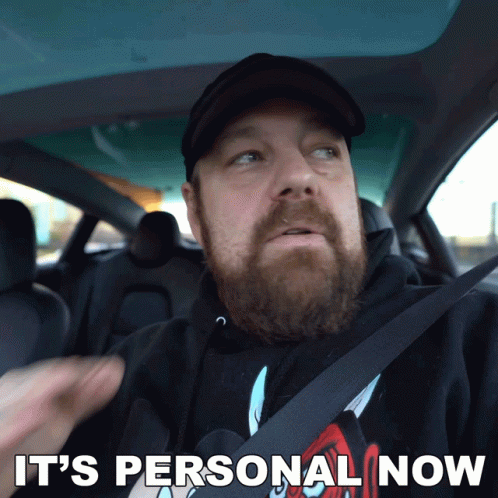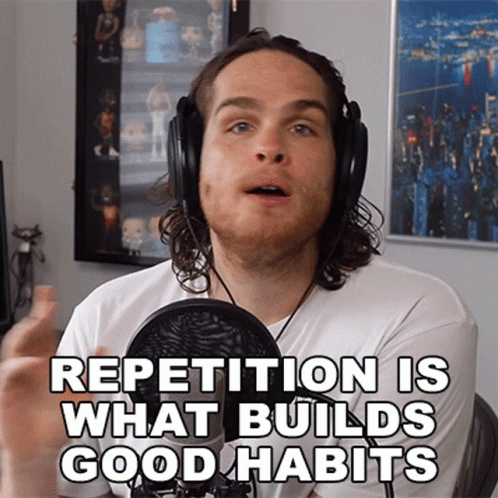How to Learn Anything Faster Without Wasting Time

How to Learn Anything Faster Without Wasting Time: The Ultimate Guide
In today’s fast-paced world, mastering the art of learning is a crucial skill. Whether you're a student, a professional, or just trying to pick up a new hobby, knowing how to learn effectively can give you a significant edge.
The good news? There are ways to speed up your learning process without feeling overwhelmed or wasting time. Let’s dive into some practical strategies that can help you learn anything faster and more efficiently.

1. Make It Personal: Own What You’re Learning
One of the biggest mistakes people make is treating what they’re learning as a checklist.
It’s just information that you need to get through, right? Wrong. To learn faster, you need to connect with the material on a personal level.
Ask yourself: What can this unlock for me? How will this help me solve problems? What new opportunities will this skill or knowledge create?
For instance, if you’re learning a new programming language, don’t just think of it as something you need to know for work.
Visualize what you can create with it. Think about the problems you can solve or the projects you can build.
This shifts your mindset from “I have to learn this” to “I get to learn this,” making the information more relevant and easier to retain.

2. Use the Jigsaw Method: Start with the Big Picture
Imagine tackling a 1,000-piece puzzle. You don’t start by memorizing every single piece.
Instead, you start with the corners and edges, gradually building the framework. Learning is no different. Begin with the big picture and work your way down to the details.
For example, if you’re diving into coding, don’t get bogged down with syntax and minor rules at first. Focus on understanding what coding enables you to do.
Learn the general structure and framework, then start filling in the specifics. By understanding the overall concept first, the smaller details will make much more sense, fitting together like puzzle pieces.

3. Chunking: Break Down Information into Manageable Pieces
Your brain isn’t designed to hold onto large amounts of random information all at once.
Think of it like carrying groceries with only two hands—eventually, you’ll drop something. Instead, break down what you’re learning into smaller, manageable chunks.
Let’s say you’re trying to memorize a long formula. Rather than focusing on the entire sequence, break it down into smaller, meaningful parts.
For instance, split the number 617588 into two chunks: 617 (a city code) and 588 (something personal to you).
This way, instead of memorizing a long, overwhelming sequence, you’re remembering two familiar pieces. This technique makes complex information much easier to handle.

4. Daydreaming: Let Your Mind Wander
It might sound counterintuitive, but taking a break to daydream can significantly enhance your learning.
When you focus too hard on one thing, your brain can get stuck in a loop, fixating on small details.
Letting your mind wander, however, allows your brain to process and connect information in the background.
Ever had an “aha!” moment while doing something unrelated, like taking a shower? That’s your brain connecting the dots in the background.
So, after a heavy learning session, step away from the material and let your brain marinate the information.
This diffuse mode of thinking can lead to surprising insights and a deeper understanding of the topic.

5. Spaced Repetition: Review Over Time
You’ve probably heard the saying, “practice makes perfect,” but there’s more to it than just repetition.
To truly retain information, you need to revisit it over increasing intervals of time—a technique known as spaced repetition.
Here’s how it works: You learn something today, but by next week, you’ll start forgetting it unless you review it.
Revisiting the material after a few days strengthens your memory, making it less likely to fade.
Tools like Anki can automate this process, scheduling your review sessions for you. The result? You hold onto information much longer, with less effort.

Why This Method Works
Your brain is a powerful tool, but it works best when used efficiently.
By taking ownership of what you’re learning, focusing on the big picture, chunking information, letting your mind wander, and using spaced repetition, you’re not just cramming information—you’re truly understanding it.
This isn’t just about memorizing facts; it’s about being able to apply what you’ve learned to solve real-world problems and get ahead faster than everyone else.
Conclusion
Whether you’re trying to learn a new language, understand complex financial models, or master an instrument, these strategies will help you maximize your learning efficiency.
The more you apply these steps, the faster you’ll master new concepts without wasting time on things that don’t matter.
Start implementing these techniques today and watch your learning speed skyrocket. And remember, the goal isn’t just to learn more—it’s to learn better. So, what’s the next thing you’re going to master?
No spam, no sharing to third party. Only you and me.

Member discussion